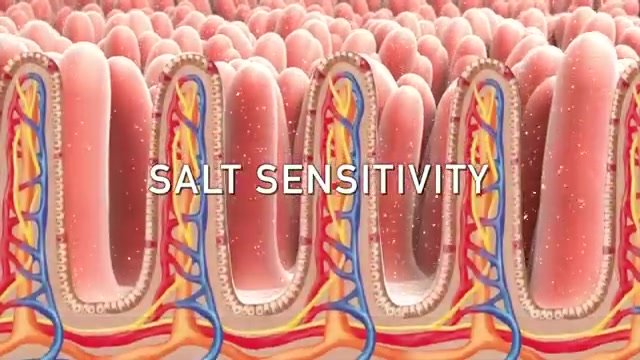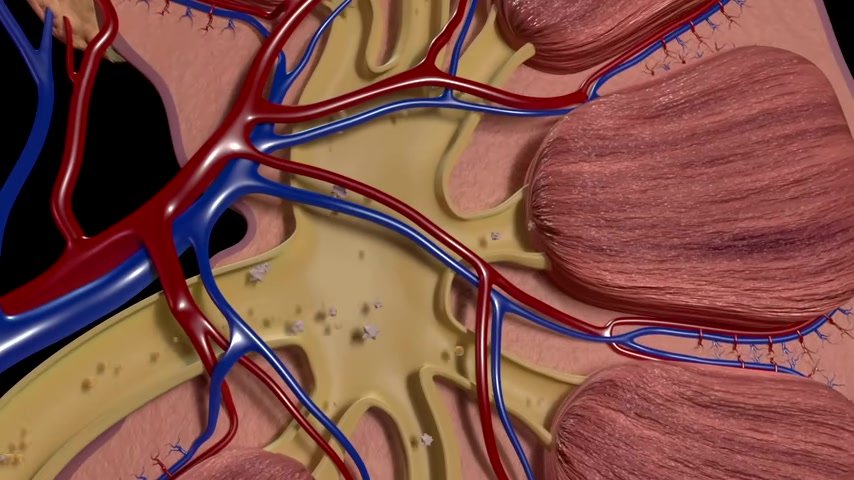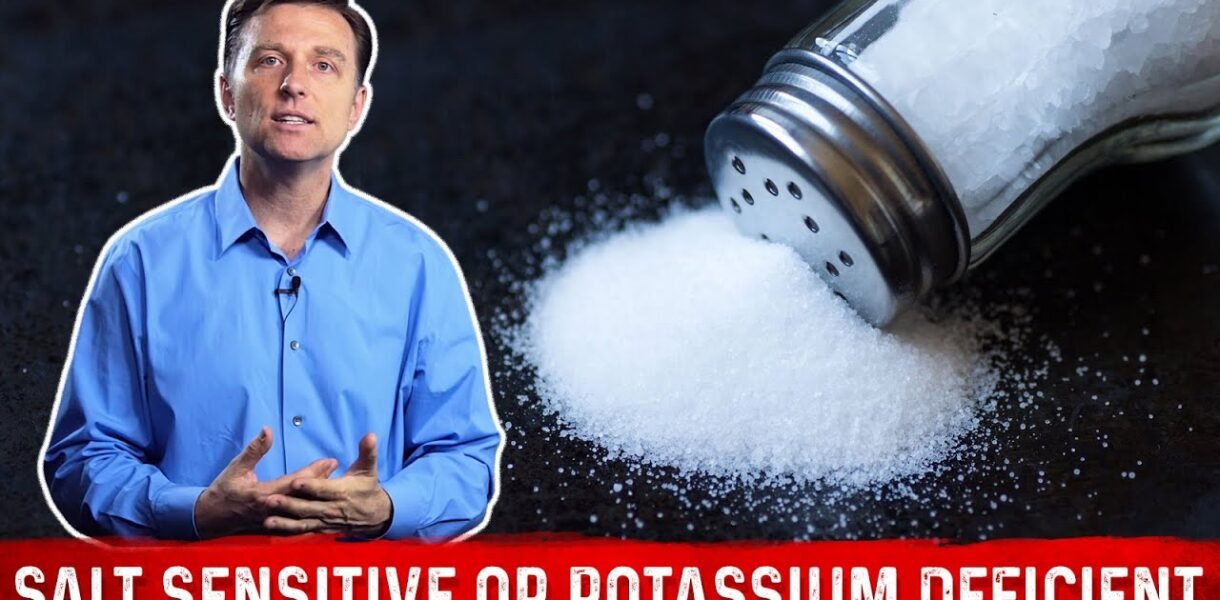Table of Contents
Discover why sodium sensitivity may actually stem from a potassium deficiency. Learn how balancing these essential minerals can help reduce high blood pressure, heart disease, and other health issues associated with excessive sodium intake.
Are you concerned about the dangers of consuming too much salt? Conditions like heart disease, high blood pressure, stroke, and edema are often attributed to excessive sodium intake. However, the real culprit might not be the sodium itself but rather a deficiency in potassium.
Our bodies tend to retain sodium when we lack sufficient potassium, leading to a range of health issues. In this article, we delve into the often-overlooked relationship between sodium and potassium, and how balancing these essential minerals can help alleviate salt sensitivity and improve overall health.
The dangers of too much sodium
Wanna talk about the dangers of too much salt or too much sodium .
We have heart disease .
We have high blood pressure .
We have stroke , edema , increased mortality .
Sounds pretty scary .
Well , these things occur not for the reason you think .
Is sodium bad for you?
I mean , the question is , is it really too much sodium ?
Is that what’s causing the problem ?
In reality , our body tends to hold sodium if there’s a potassium deficiency .

In fact , there’s something called salt sensitivity where the body is retaining sodium , but the reason why you retain sodium and therefore water , is because you have a potassium deficiency .
Understanding sodium and potassium
This is something that’s really overlooked and not talked about too much .
We’re so focused on sodium , we kinda forget about this other mineral called potassium , but sodium potassium always work together in the body .
It’s kinda like a teeter totter .
The requirements for sodium per day are 23 100 milligrams , but the requirements for potassium are 47100 .
That’s actually more than double .
So this ratio is really , really important .
2 to 1 , twice as much potassium as sodium .
And guess what ?
You will no longer be salt sensitive .
| Key Points | Explanation |
|---|---|
| Sodium Sensitivity | A condition where your body retains sodium and water, which can lead to high blood pressure, heart disease, stroke, and edema. |
| Potassium Deficiency | The root cause of sodium sensitivity, according to Dr. Berg. When potassium levels are low, the body tries to compensate by retaining more sodium, which can lead to a vicious cycle. |
| Sodium and Potassium Ratio | You need twice as much potassium as sodium. The daily requirements for sodium are 2300 mg, but the daily requirements for potassium are 4700 mg. |
| Increase Potassium Intake | Dr. Berg recommends increasing potassium intake instead of reducing sodium intake, as a low-salt diet can worsen the problem by creating a deficiency in both sodium and potassium. |
| Sodium Potassium Pump | Both sodium and potassium are needed for the sodium potassium pump, which activates the nerves and muscles. |
| Genetic Predisposition | 38% of the population has a genetic variation with the ACE gene, which makes them more salt sensitive. |
| Symptoms of Potassium Deficiency | Muscle weakness, fatigue, cramps, and irregular heartbeat. |
| Symptoms of Sodium Deficiency | Tiredness, weakness, and arrhythmias. |
In fact , the symptoms of this excess sodium will disappear when you increase your potassium .
You see the majority of the population has this problem of too much sodium and not enough potassium .
They don’t consume enough greens .
They eat a lot of processed foods .
You get your sodium from junk foods , refined foods , and restaurant foods .
Very few people ever consume enough potassium foods .

They think if I have a banana a day , that’s gonna do it .
A banana has about 300 milligrams .
Now remember , you need 47100 .
You’d have to have , you know , more than 12 bananas , and then you’re gonna get all the sugar , which is not gonna happen .
So you have this situation where people are just really heavy on the sodium , but very , very low on the potassium , and this is where we have the problem .
On top of that , 38% of the population has a genetic , variation with a certain gene called the ACE gene , which means that gene is overactive , which means they’re gonna be more salt sensitive when they have more sodium , and they’re gonna have more blood pressure because of that .
How to handle salt sensitivity
This simple solution is just to increase your potassium , especially if you have this gene problem , and not do what everyone else is doing by reducing their sodium , reducing their salt , going on a low salt diet .
Because now they have a situation where they’re low in sodium and low in potassium .
And that’s even worse because they’re gonna be going around so tired .
You need both sodium potassium for something called the sodium potassium pump .
In fact , all of your cells have this pump .
This is what activates the nerves .
This is what activates the muscles .
And when you’re deficient in these key electrolytes , boy , you get all sorts of issues with the heart , like arrhythmias .
You get tired , you feel weak , and all you need to do is increase the sodium and potassium , but in the right ratios .
And the real problem is a potassium deficiency .
Low potassium causes the retention of sodium , And this is where you have all the problems with the heart , with the blood pressure , with hardening of the arteries , with increased risk of arrhythmias and stroke .
Potassium is not retained like sodium is .

So when we have a lot of potassium , it’s easily eliminated through the kidneys , unless you have like stage 5 kidney disease , which is very rare .
However , sodium is much more retained , especially if you have low potassium .
So this is probably a common cause of , leg cramps as well .
So we do need sodium .
key Points:
Consuming too much sodium can lead to certain health problems, including:
• Heart disease
• High blood pressure
• Stroke
• Edema
• Increased mortality
- The body tends to hold sodium when a person has a potassium deficiency. You can even have salt sensitivity, which causes you to retain sodium and water. But, again, this could be caused by a potassium deficiency.
- Sodium and potassium work together in the body. The daily requirements for sodium are 2300 mg, but the daily requirements for potassium are 4700 mg. You really need twice as much potassium as sodium.
- Many people aren’t consuming enough potassium in their diet but consume a lot of sodium. A genetic problem can also cause some people to be salt sensitive.
- I believe one of the best things you can do for salt sensitivity is to increase your potassium. I don’t think a low-salt diet is the answer. You don’t want to end up having a potassium deficiency and a sodium deficiency.
- You need sodium and potassium to support the body in many different ways. If you’re deficient in these key electrolytes, you could experience arrhythmias, fatigue, and weakness.
- Overall, you need sodium, but you need a lot more potassium.
DATA:
https://www.ncbi.nlm.nih.gov/pmc/articles/PMC4530669
https://www.ahajournals.org/doi/full/10.1161/01.HYP.0000154194.49725.b7
FAQ:
Does sodium cause potassium deficiency?
While sodium and potassium play crucial roles in maintaining electrolyte balance, sodium itself doesn’t directly cause potassium deficiency. However, certain conditions can lead to imbalances in both electrolytes. For instance, excessive sodium intake may promote increased potassium excretion, potentially contributing to a deficiency if potassium intake is insufficient.
What causes sodium sensitivity?
Sodium sensitivity refers to an individual’s heightened response to dietary sodium, leading to increased blood pressure. While the exact causes are complex and not fully understood, genetic predisposition, lifestyle factors (like high salt intake and lack of physical activity), and underlying medical conditions (like kidney disease) can play a role.
Are sodium and potassium levels related?
Yes, sodium and potassium levels are closely related as they work together to regulate fluid balance and maintain proper cell function. They have an inverse relationship, meaning that high sodium levels often correspond to low potassium levels, and vice versa. This is because their roles in the body are interconnected, and imbalances in one can influence the other.
What is the deficiency syndrome of sodium?
Hyponatremia is the medical term for low sodium levels in the blood. It can cause a range of symptoms like headache, confusion, nausea, fatigue, and muscle weakness. Severe cases can even lead to seizures and coma.
What is a potassium deficiency disease?
Hypokalemia, or low potassium levels, can lead to various health issues. Muscle weakness, fatigue, cramps, and irregular heartbeat are common symptoms. In severe cases, it can cause paralysis and respiratory failure.
What causes low sodium and high potassium?
Low sodium and high potassium can be caused by several factors, including:
- Kidney disease: Impaired kidney function can lead to sodium loss and potassium retention.
- Diuretics: Certain medications, like diuretics, can increase sodium excretion and potassium retention.
- Hormonal imbalances: Conditions like adrenal insufficiency can affect sodium and potassium levels.
- Excessive sweating: Profuse sweating can deplete sodium levels, potentially leading to high potassium.
Does low potassium cause sodium retention?
Low potassium levels can indirectly contribute to sodium retention. When potassium levels are low, the body tries to compensate by retaining more sodium. This can further worsen the potassium deficiency and create a vicious cycle.
Does hyponatremia affect potassium?
Hyponatremia, or low sodium levels, can indirectly affect potassium levels. The body’s attempt to correct the sodium imbalance can lead to potassium shifts and potentially cause hypokalemia (low potassium).
Do sodium and potassium have an inverse relationship?
Yes, sodium and potassium have an inverse relationship, meaning that high sodium levels often correspond to low potassium levels, and vice versa. This is because they both play vital roles in regulating fluid balance and cell function. Their actions are interconnected, and imbalances in one can affect the other.




